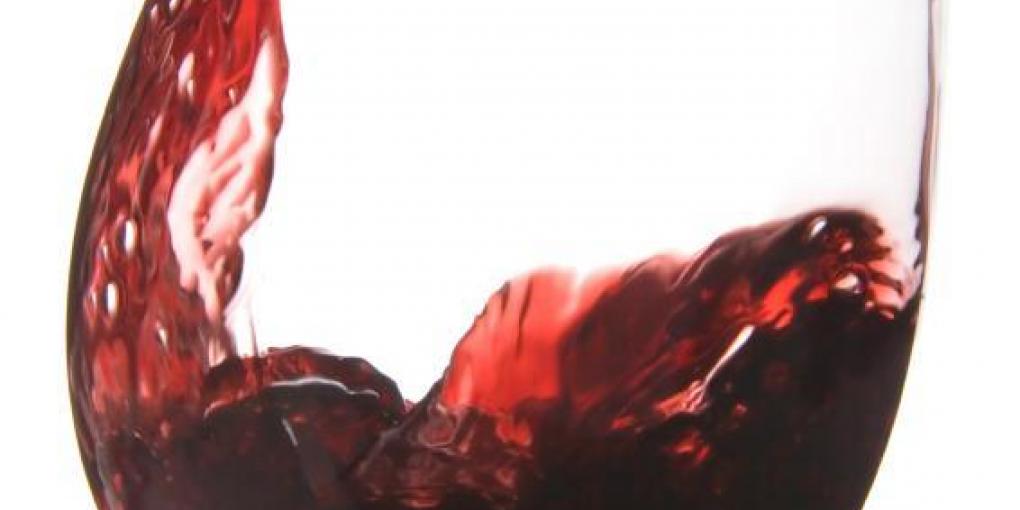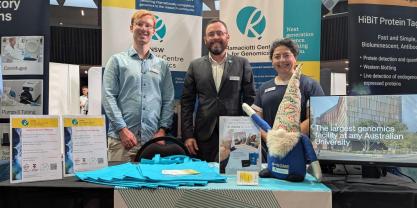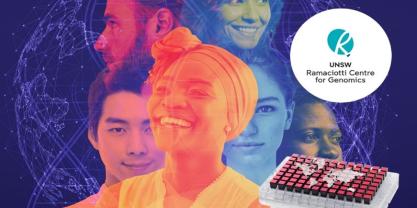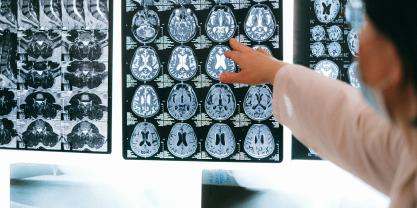Research: Mystery of wild wine ferments

Winemakers will gain new insight into the microorganisms in their ferments with a new research partnership between the Australian Wine Research Institute and UNSW’s Ramaciotti Centre for Genomics.
Grapes are transformed into wine by an entire ecosystem of yeasts and bacteria, whose composition has a huge impact on the quality of the final product. In many cases these microbes are ‘wild’, coming from the local environment and appearing naturally in the fermentation once the grapes are crushed. However, like any wild organism, their appearance and behaviour can be erratic, and their overall role in defining regional character of wine largely remains a mystery.
To delve into this mystery, a technique known as metagenomics will be applied to analyse wild wine ferments from around Australia, allowing the identity of all the yeast and bacteria present in the fermentations to be mapped using their unique genomic signatures.
Dr Dan Johnson, Managing Director of the AWRI, said: “The Ramaciotti Centre’s expertise in genome sequencing and the AWRI’s extensive knowledge of wine microorganisms will be an unbeatable combination in this cutting-edge area of wine research.
“The important positive impacts of yeast and bacteria on wine flavour are well known but until now the tools to characterise entire regional populations have simply not existed.”
Professor Marc Wilkins, Director of the Ramaciotti Centre, and a researcher in the UNSW School of Biotechnology and Biomolecular sciences, said: “The Ramaciotti Centre is excited to apply our cutting edge genomics techniques to a project of benefit to the Australian wine industry. Metagenomics will allow, for the first time, an understanding of the ecosystem of yeast and bacteria in Australian wine production and how that works as part of a successful ferment.”
Knowledge gained from this work will allow winemakers to take full advantage of local wild yeast and bacteria. It will also enable new yeast and bacteria strains to be developed, drawing on existing regional diversity and the AWRI microbial germplasm collection assembled over the past 50 years.
Media contacts:
Professor Marc Wilkins, 02 9385 3633, marc.wilkins@unsw.edu.au
AWRI communication manager: Ella Robinson, 08 8313 6600, ella.robinson@awri.com.au
UNSW Science: Deborah Smith: 9385 7307, 0478 492 060, deborah.smith@unsw.edu.au
--------------------------------------------------------------------------------------------------------
The Ramaciotti Centre is a not-for-profit facility located at UNSW, Australia in Sydney. It offers world class genomic and transcriptomic services to both academic and industry-based research groups.
The Australian Wine Research Institute is the Australian grape and wine industry’s own research organisation. It supports a sustainable and successful grape and wine industry through world class research, practical solutions and knowledge transfer.
Original article from UNSW Science



